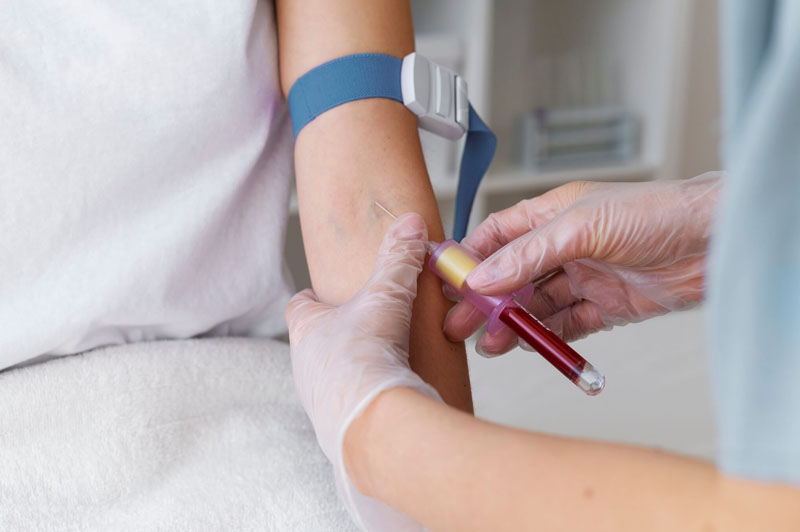The Pap Smear, also known as the vaginal cytology test, is one of the most important examinations for women’s health. Over the years, this simple yet effective procedure has proven to be a vital tool for detecting changes in the cervical cells that may indicate the presence of cancer or the risk of developing it. However, a common question among women is: How often should I get this test?
Recommended Frequency for Getting a Pap Smear
The recommendation regarding the frequency of the Pap Smear has evolved in recent years thanks to new studies and a deeper understanding of HPV behavior. The most widely accepted general guidelines come from organizations such as the World Health Organization (WHO), the American Cancer Society, and other international medical groups.
Women Aged 21 to 29
The first Pap Smear should be performed at age 21, regardless of whether the woman is sexually active or not. Tests should be repeated every three years if the results are normal and show no signs of abnormalities.
In this age group, routine HPV testing is not recommended, as it is very common for infections from this virus to be transient and resolve on their own without causing long-term harm.
Women Aged 30 to 65
Starting at age 30, the recommended frequency may vary depending on whether the Pap Smear is combined with HPV testing. There are two main options:
- Pap Smear every three years if the test is not combined with an HPV test.
- Combined Pap Smear and HPV test every five years, if both results are negative.
This combination is useful because it allows for the detection of both cellular changes and the presence of the virus that could cause those changes, providing a more comprehensive view of cervical cancer risk.
Women Over 65
Most women over 65 can stop getting Pap Smears if they have had consistent negative results in their recent tests and have no history of serious precancerous lesions. However, if they have a history of abnormal cells, or if they have not had regular examinations previously, it may be necessary to continue with the test.
Women Who Have Had a Hysterectomy
If you have had a total hysterectomy (removal of the uterus and cervix) for non-cancer-related reasons, you likely do not need further Pap Smears unless the procedure was performed due to precancerous or cancerous cells. In those cases, recommendations may vary based on the patient’s medical history.
You may also be interested in: The Importance of Regular Gynecological Exams
Factors That May Alter Pap Smear Frequency
Although the general guidelines mentioned are suitable for most women, some factors may necessitate more frequent Pap Smears or starting earlier than the recommended age range. These include:
Weakened Immune System: Women with compromised immune systems, such as those living with HIV, are more likely to develop cervical cancer and should follow a stricter examination schedule, typically annually.
History of Precancerous Cells: If you have ever had an abnormal result on a Pap Smear or a diagnosis of precancerous cells, your doctor may recommend more frequent testing.
Exposure to Diethylstilbestrol (DES): Women who were exposed to this substance, which was previously prescribed to prevent miscarriages, may have a higher risk of cervical cancer and should follow a more intensive testing regimen.
It is important to note that Pap Smears not only detect cervical cancer but can also identify other cervical abnormalities that may lead to cancer if not treated properly. Therefore, following the recommended frequency for Pap Smears is essential for maintaining overall gynecological health.
Schedule an appointment now at Doctor Urgent Medical Care to receive the care you need and improve your lifestyle. Your well-being is our main goal!





